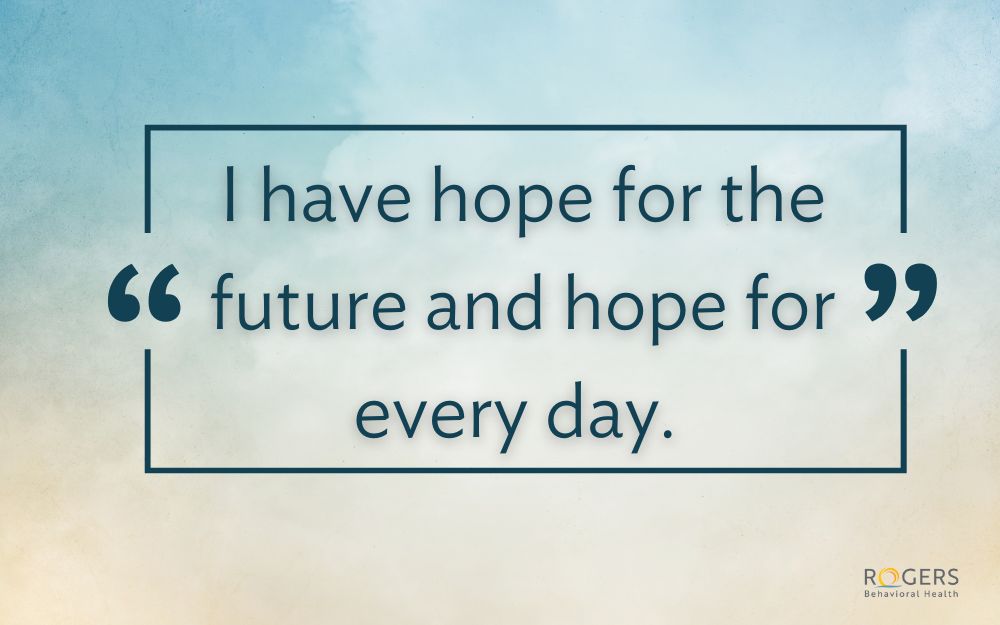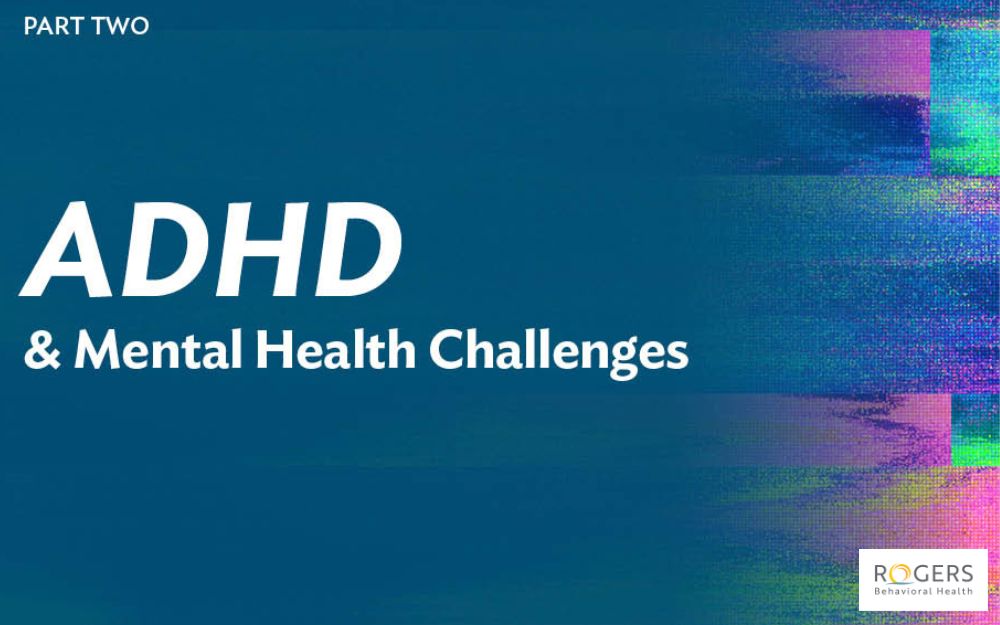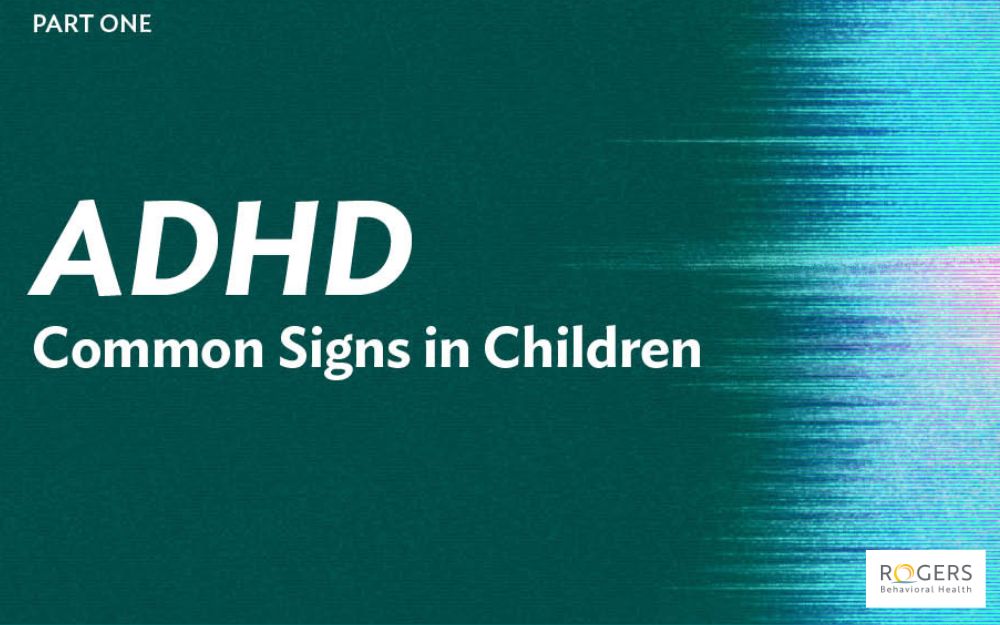The power of mindfulness for your mental health
Posted on 11/12/18 11:07:am
Share this article:
You don’t need stats to back up what a lot of us are feeling—stress and anxiety are on the rise across all ages and all kinds of people. Anxiety disorders affect 40 million adults every year in the U.S., and according to mental health surveys, today’s students from elementary age to college are the most anxious ever. An article by the National Education Association says with the pressures to fit in, excel academically, and engage in social media, anxiety is at an epidemic level.
How mindfulness helps reduce stress
The practice of “mindfulness” is becoming more commonplace as part of mental health treatment as research demonstrates that mindfulness helps reduce anxiety and depression. Practicing mindfulness involves breathing methods, guided imagery, and other practices to relax the body and mind.
A recent issue of Psychology Today says the regular practice of mindfulness promotes better stress management and work-life balance, as well as long-term mental and physical health. Mindfulness is even shown to slow aging at the genetic level and is linked to younger, healthier brains in brain imaging studies.
How to practice mindfulness throughout the day:
-
Set aside time. You don’t need a meditation cushion or bench, or any sort of special equipment to access your mindfulness skills—but you do need to set aside some time and space.
-
Observe the present moment as it is. The aim of mindfulness is not quieting the mind, or attempting to achieve a state of eternal calm. The goal is simple: aim to pay attention to the present moment, without judgment.
-
Let your judgments roll by. When you notice judgments arise during your practice, make a mental note of them and let them pass.
-
Return to observing the present moment. Our minds often get carried away in thought. That’s why mindfulness is the practice of returning, again and again, to the present moment.
-
Be kind to your wandering mind. Don’t judge yourself for whatever thoughts crop up. Just practice recognizing when your mind has wandered off, and gently bring it back.
Anyone from adults to children can practice mindfulness from virtually anywhere including the comfort of your home, your cubicle at work, or the classroom.
To learn a mindfulness exercise students can practice in the classroom, plus podcasts and free downloads, visit our Anxiety in schools webpage.
If you or someone you know is suffering from anxiety, learn more about the evidence-based anxiety treatment Rogers offers throughout the country.
If you do not feel you, or a loved one, needs treatment right away, but may be concerned, we offer online quizzes to possibly provide some relief. While these quizzes do not provide a diagnosis, it could be the first step in finding the treatment you, or a loved one, may need. Take our online Anxiety Quiz today.



